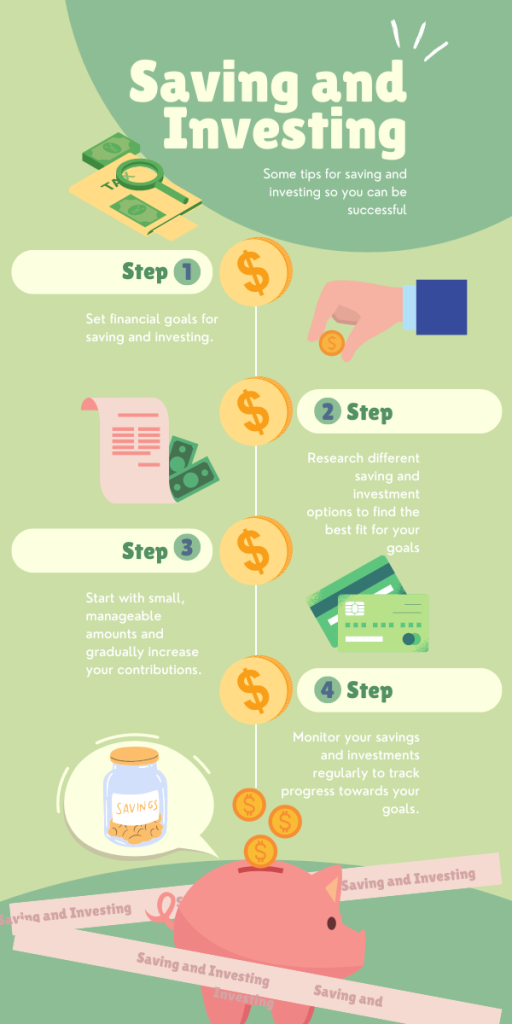Investing can be a powerful tool for building wealth and achieving financial goals. However, it’s essential to understand and avoid common pitfalls that can derail your investment journey. Let’s explore some of the most frequent investing mistakes and how to prevent them.
1. Lack of a Clear Investment Goal
One of the most fundamental mistakes investors make is not having a clear investment goal. Without a defined target, it’s difficult to create a suitable investment strategy. Your goal could be retirement savings, buying a home, funding your child’s education, or building an emergency fund. Once you have a clear goal, you can determine the appropriate investment horizon, risk tolerance, and asset allocation.
2. Emotional Investing
Emotional investing is a common culprit behind poor investment decisions. Fear and greed can cloud judgment, leading to impulsive actions like panic selling during market downturns or chasing hot stocks during market rallies. Develop a disciplined investment plan and stick to it, regardless of market fluctuations. Consider dollar-cost averaging, which involves investing a fixed amount regularly, to reduce the impact of market volatility.
3. Ignoring Fees
Fees can significantly erode investment returns over time. Hidden fees, such as expense ratios on mutual funds or trading commissions, can eat into your profits. Carefully evaluate the cost structure of your investments and opt for low-cost options whenever possible. Index funds and exchange-traded funds (ETFs) often have lower expense ratios compared to actively managed funds.
4. Overconfidence and Lack of Research
Overconfidence can lead to poor investment decisions. It’s essential to conduct thorough research before investing in any asset. Understand the company’s fundamentals, industry trends, and economic conditions. Diversify your portfolio to spread risk across different asset classes and avoid putting all your eggs in one basket.
5. Failing to Diversify
Diversification is a cornerstone of sound investment strategy. By spreading your investments across various asset classes, industries, and geographic regions, you can reduce the impact of any single investment’s performance on your overall portfolio. A well-diversified portfolio can help mitigate risk and enhance returns over the long term.
6. Trying to Time the Market
Timing the market is a futile exercise that often leads to missed opportunities. Predicting market highs and lows is extremely challenging, even for seasoned professionals. Instead of trying to time the market, focus on building a long-term investment horizon. Regular investing through dollar-cost averaging can help you accumulate wealth over time, regardless of short-term market fluctuations.
7. Neglecting Taxes
Taxes can significantly impact your investment returns. Understanding the tax implications of your investments is crucial. Consider tax-advantaged accounts like retirement accounts (401(k), IRA) to defer or reduce taxes. Be aware of capital gains taxes when selling investments. Consulting with a tax professional can help you optimize your investment strategy for tax efficiency.
8. Not Rebalancing Your Portfolio
Market conditions change, and your investment goals may evolve over time. It’s essential to regularly rebalance your portfolio to maintain your desired asset allocation. Rebalancing involves selling some investments that have outperformed and buying those that have underperformed to bring your portfolio back to its target allocation.
Remember, investing is a long-term journey. Avoid making impulsive decisions based on short-term market fluctuations. By understanding and avoiding common investing mistakes, you can increase your chances of achieving your financial goals.








